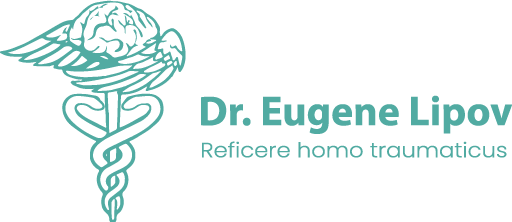About Dr. Eugene Lipov

> Board-Certified Anesthesiologist
> Board-Certified Pain Physician
> Chief Medical Officer at Stella Center
> Medical Consultant to Erase PTSD Now!
> Author | Speaker
Dr. Eugene Lipov is one of the world’s leading experts on the treatment of symptoms related to post-traumatic stress.
Truly, a pioneer in stellate ganglion treatment for symptoms of PTSD, he knows first-hand that trauma can be all-consuming. Growing up with a veteran father stricken with PTSD, and a mother with debilitating depression who eventually took her own life, he truly understands the impact that trauma can have on the lives of many. He’s made it his mission to help others relieve their traumatic suffering from PTSD and restore hope to their spirit.
In 2006, Dr. Lipov pioneered the use of Stellate Ganglion Block (SGB) for the treatment for post-traumatic stress disorder (PTSD) — a procedure that was initially approved by the U.S. Food and Drug Administration (FDA) in the 1950s for the treatment of certain types of pain and circulation disorders. It is performed with an injection of medication into a collection of nerves at the bottom of the front side of your neck. It is most commonly known as a pain-relieving treatment, used to relieve hot flashes for menopause and cancer patients and treating shingles — and, now, to alleviate symptoms related to post-traumatic stress disorder (PTSD).
The Innovation Continues:
Dual Sympathetic Reset
After momentum slowly gained and as clinical trials of SGB to treat PTSD ensued, Dr. Eugene Lipov discovered that two injections on one side of the neck into the stellate ganglion had the potential of yielding even better relief to folks suffering from PTSD. Today, his treatment protocol is known as Dual Sympathetic Reset (DSR).
Advocating Accessibility:
Stellate Ganglion Treatment
Dr. Lipov has testified on PTSD treatment before the U.S. House Committee on Veterans’ Affairs (2010). In collaboration with neuroscientists, he has become the world’s leading authority on the physiology of PTSD. He has published his findings on PTSD in Biological Psychiatry, Current Psychiatry, Military Medicine, Pain Research & Treatment, Psychiatric Annals, the Journal of Anesthesia & Clinical Research, the Journal of Trauma and Treatment, the Lancet and the World Institute of Pain. In addition, his work has been written about in the Wall Street Journal, the Los Angeles Times, the Chicago Tribune, USA Today, Wired, Playboy, Univision, Stars & Stripes, and it has been featured on ABC, NBC and WGN.
Dr. Lipov pioneered the use of Stellate Ganglion Block for the treatment for post-traumatic stress disorder (PTSD) and frequently reveals that he, himself, is also a survivor of significant trauma, experienced early his lifetime. Just before he is administered Dual Sympathetic Reset (DSR), Shot on-location at a Stella treatment center, Lipov candidly speaks about his trauma and to the confounding inability for the medical community, at large, to embrace SGB. He underscores the importance in recognizing that severe post-traumatic symptoms are physiological in nature and should be thought of/treated as an injury, not a disorder. He advocates for a shift to occur — PTSD should, instead, be referred to as PTSI.
Adapted from audio recording, when Dr. Eugene Lipov appeared before the House Veterans’ Affairs Subcommittee on Health, July 21, 2010, testifying about the use of Stellate Ganglion Block ( SGB ) for the treatment of post-traumatic stress disorder (PTSD) in veterans.
During his testimony, Dr. Lipov discussed the promising results of his research on the use of SGB for PTSD treatment, including a significant reduction in symptoms and improvement in quality of life for some patients. He also emphasized the importance of improving access to SGB and other innovative treatments for veterans with PTSD.
Dr. Lipov’s testimony helped to raise awareness of SGB as a potential treatment option for veterans with PTSD and contributed to ongoing efforts to improve care for those who have served in the military. Today, the treatment has advanced, now known as Dual Sympathetic Reset (DSR), a treatment that “resets” a person’s fight-or-flight response which, depending on the level of trauma, can get stuck in the “on position” resulting in symptoms such as stress, anxiety, hypervigilance, hyperarousal, insomnia, paranoia and at worst-homicidal and suicidal ideations.



